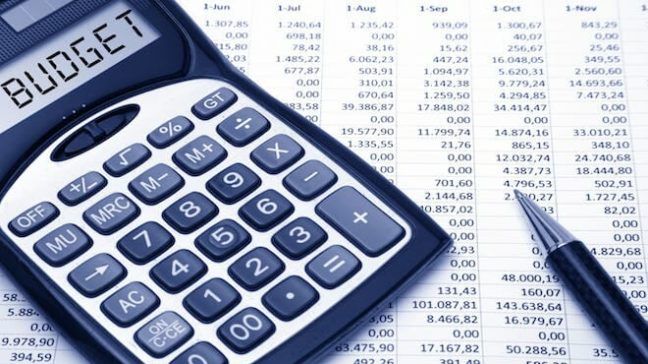Spending Unmanageable? Apply These Five Spending Shifts

Why spending escape control?:
We Over-focus on Earnings.
- We neglect the connected costs connected inside a purchase package: depreciation, insurance and taxes, for example. Rather we focus on the immediate gain: a bigger house, a more modern vehicle, a long vacation. We overestimate anticipated earnings increases and underestimate expenses when asking: “May I afford this?”

Spending Shift 1:
Stretch the constraints from the reasoning about “hidden” or “undervalued” costs. Write them out.
We Ignore Interest Rate Costs
- We’ll hold savings getting a minimal rate of return as opposed to applying individuals savings to cover lower debt getting a significantly greater rate of interest. Classical example: a couplePercent bank account plus a 12% – 18% bank card debt.
Spending Shift 2:
Feeling safe because there are savings could be a false assurance if rates of interest are eroding your current financial health.
We are Feeling Falsely Secure.
- Asset appreciation does not equal a boost in spending power. That’s, homeowner equity might go up, but disposable earnings (cash on hands) remains constant. Nonetheless, many individuals increases their spending since they think they are best.
Spending Shift 3:
Think about the primary distinction between paper assets and money.

We Self-Medicate.
- Unhappiness frequently leads to elevated spending, and less savings. When designing a substantial purchase decision, delay until you’re in the positive, good mood.
Spending Shift 4:
Don’t think in decision ability during a depressed or poor attitude. Stay away from spending to self-medicate.
We have Flabby Self-discipline Beliefs.
- How you feel about self-discipline will decrease or boost the self-discipline you’ve. That’s, if you feel there is a great capacity to seize control of the choices, even when they hurt, you will have a inclination to exert that control. Individuals getting a minimal confidence in perseverence have a tendency to handle stress by spending.
Spending Shift 5:
Beliefs arise from proven successes. Exert self-discipline in smaller sized sized things, and progressively extend your discipline to larger decisions. Allow you to ultimately feel happier about doing “the very best factor.”












